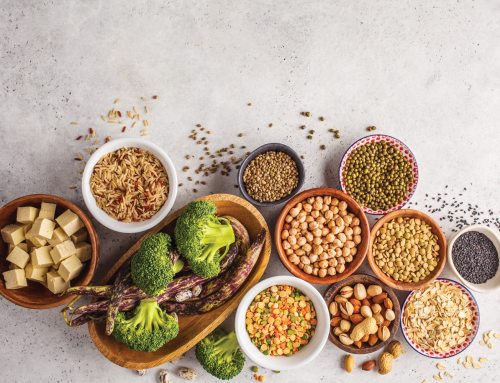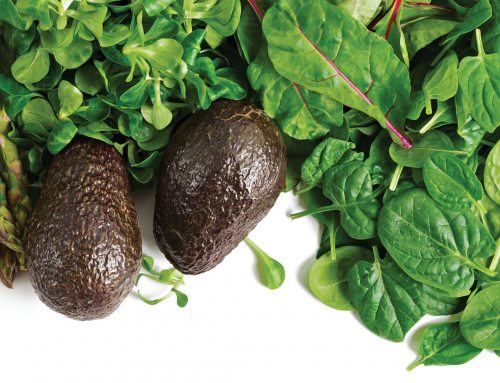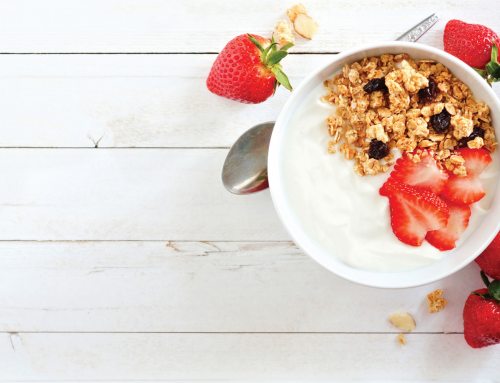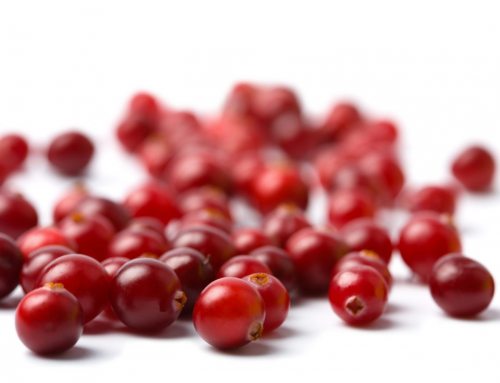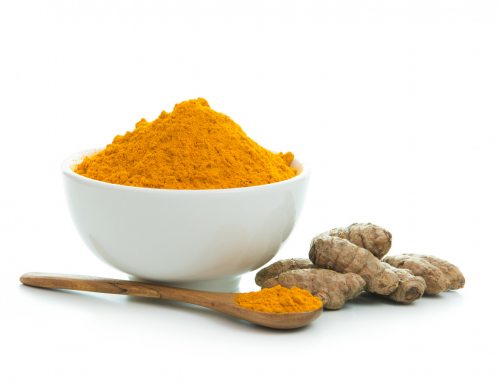
By Brandon McDearis
Fall is a great time of year to experiment with making different types of soup. This cauliflower soup is light but it gives off the consistency of a traditional cream soup. It can be a meal in itself, but it’s great as an afternoon snack and it works well with a sandwich or salad for either lunch or dinner. This recipe makes 4 large bowls or 8 small cups.
- 1 large head cauliflower
- 2 tablespoons olive oil
- 1 onion, chopped
- 2 cloves garlic, minced
- 2 teaspoons fresh thyme
- 1 quart vegetable or chicken stock
- 1/2 cup finely grated parmesan
- Salt and freshly ground black pepper
- Dash of Tabasco
- 1/2 teaspoon lemon juice
- 1 tablespoon chopped chives
1. Remove the leaves and thick core from the cauliflower, coarsely chop, and reserve.
2. Heat the olive oil in a large soup pot over medium heat and add the onion and garlic. Cook until softened, but not browned, about 5 minutes. Add the cauliflower, thyme and stock and bring to a boil. Reduce the heat to a simmer, cover, and cook until the cauliflower is very soft and falling apart, about 15-20 minutes.
3. Remove from heat and, using a hand-held immersion blender, puree the soup, or puree in small batches in a blender and return it to the pot. Add the parmesan, lemon juice, and Tabasco and stir until smooth. Season to taste with salt and black pepper. Garnish with chives.
Nutrition Info:
Calories: 72 / Fat: 3g / Saturated Fat: 1g / Carbohydrates: 12g / Fiber: 1g / Protein: 2g
Cauliflower’s Antioxidant and Anti-Inflammatory Benefits
Cauliflower is an excellent source of vitamin C and a very good source of manganese, two core conventional antioxidants. It also contains a broad spectrum of phytonutrients, which provide a great array of antioxidants that help lower cancer risk. Cauliflower is also an excellent source of vitamin K, one of the hallmark anti-inflammatory nutrients. Reducing unwanted inflammation in blood vessels and circulation has been shown to improve cardiovascular health. In addition, one of the glucosinolates found in cauliflower, glucobrassicin, can be readily converted into an isothiocyanate molecule called ITC, or indole-3-carbinol. I3C is an anti-inflammatory compound that can operate at the genetic level, and by doing so, prevent the initiation of inflammatory responses at a very early stage.
# # #
Brandon McDearis is a personal chef working in the Charlotte area. He currently owns and operates Your Way Cuisine, www.yourwaycuisine.com. In addition to his culinary training, Brandon holds a bachelor of science degree in foods and nutrition, with a concentration in dietetics. He primarily focuses on healthy cooking and addressing specific dietary needs of everyone from professional and amateur athletes to busy families and elderly people. Brandon is also one of the board of directors for Wellspring International Outreach (www.wellspring-outreach.org) and works with a group of others to raise money for the abandoned children of Peru.


